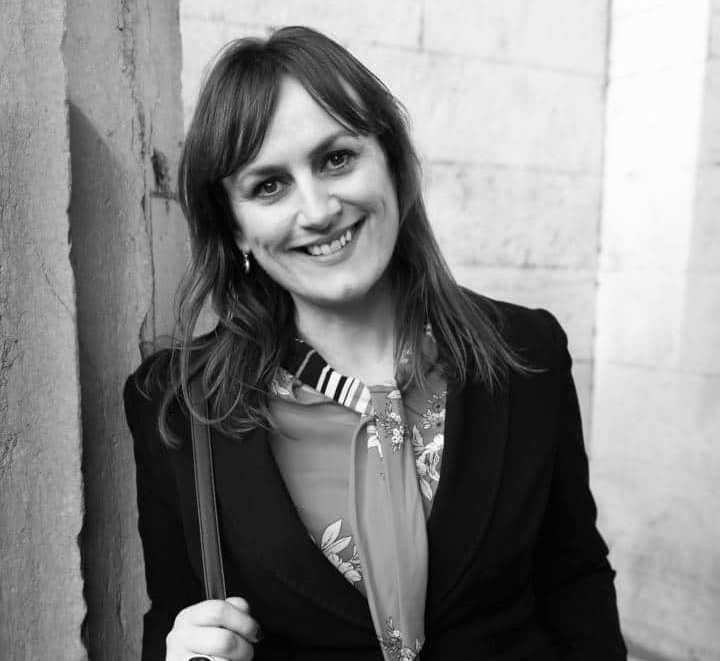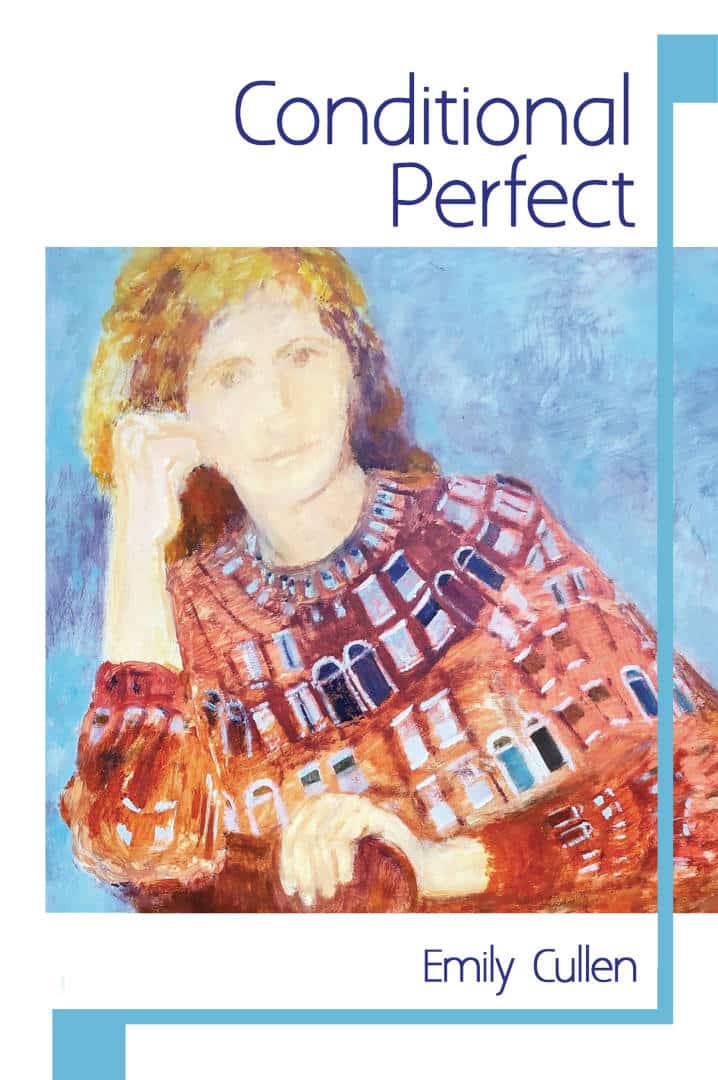Free shipping in Ireland over €25. Free worldwide shipping on orders over €50

EMILY CULLEN is a Galway-based writer, scholar, curator and harper, originally from Carrick-on-Shannon, Co. Leitrim. Emily was the inaugural Arts Officer of NUI Galway between 1999 and 2002. Her first collection, No Vague Utopia, was published by Ainnir Publishing in 2003. In 2004, she was the National Programme Director of the Patrick Kavanagh Centenary celebrations. She was also selected for the Poetry Ireland Introductions series in 2004. Emily was awarded an IRC Government of Ireland fellowship for her doctoral study on the Irish harp and completed her Ph.D. in 2008. She frequently publishes essays on Irish music and cultural history and she is also a qualified teacher of the harp and has performed throughout Europe, Australia and the United States. A former member of the Belfast Harp Orchestra, Emily has recorded on a number of albums and also as a solo artist, giving lectures and recitals nationally and internationally. Emily’s second collection of poetry, In Between Angels and Animals, was published by Arlen House in 2013. For the past two years she served as Programme Director of Galway’s Cúirt International Festival of Literature. Emily has taught Creative Writing—Poetry at the University of Melbourne in 2014 and currently teaches Creative Writing with the School of English at NUI Galway.
Discursive, widely-travelled, at once cerebral and lyrical, Emily Cullen's Conditional Perfect is an ambitious and beautiful work… This collection, a Cullen Masterpiece, will certainly beguile the reader with its astonishing range and poise.
— Thomas McCarthy
Poise
I want to be that girl cycling
lithely inside a ring, hula hoop
resting on her left shoulder as
her ash blonde ponytail swings.
She snakes through the Salthill tailback,
shielded from reports on my radio
of radicalized men with AK-47s.
Inside my car the air stiffens;
I grip the wheel. The light turns
green, she steadies her hoop,
then off she careens: a leannán sí
within her force field.
Though I won’t close my eyes, I long,
for this moment, to be her, free in
a moveable zone of grace, balancing
that circle with such fluid ease.
String Theory
I held my tongue, then a barrister produced
a pair of knickers to indict a female victim,
bespeak the defendant’s intentions, as if
the throngs were not also wearing thongs
and my g-string elastic snapped.
Irish women, this State has had us pinioned.
I am no comely maiden dancing at the crossroads
of some panjandrum’s imagination
in a glimmering, diaphanous cape,
like a Gaelic Bottecellian grace.
That De Valera reverie has passed.
What will it take to reach full equality?
Another Cattle Raid of Cooley?
Perhaps it’s time for more pillow talk,
to reexamine the Brehon laws,
reckon with our shameful history
of inflicting symphysiotomy;
gape, instead, in veneration
before Sheela-na-Gig’s
full cervical dilation.

ISBN: 978-1-907682-71-1 | Pages: 88 | Published: 2019
Conditional Perfect by Emily Cullen explores the mechanics of language and the politics of silence in everyday discourse. It aims to achieve a fuller understanding of the physics that lies within the realm of ordinary experience and to find continuities between themes of motherhood, family, science and technology in an effort to fracture and reframe the habitual ways we understand our rapidly changing world. What does it mean to be technologically advanced if we are becoming socially inept, conversing on our iPhones in the midst of friends? Such paradoxes inform this collection, as well as drawing upon Irish mythology and the topography of the Irish countryside with its mobile phone networks and wind turbines layered upon an ancient land of cairns, raths and the tóraíocht of Diarmuid and Grainne.